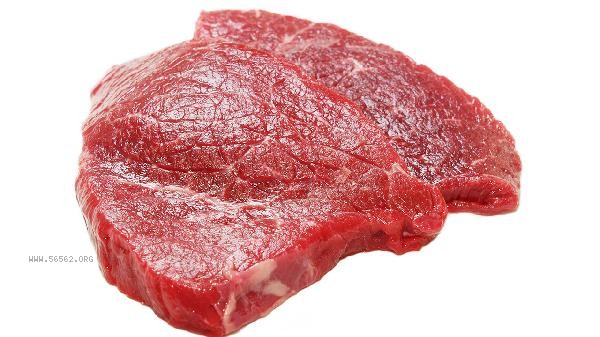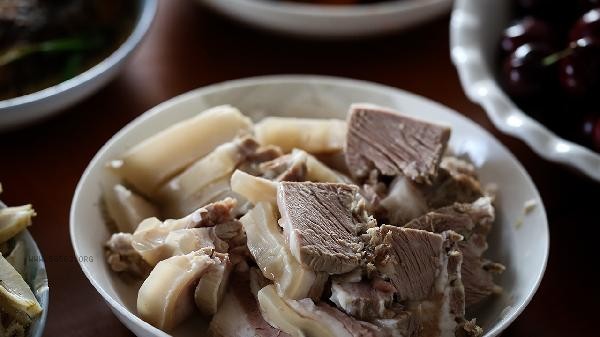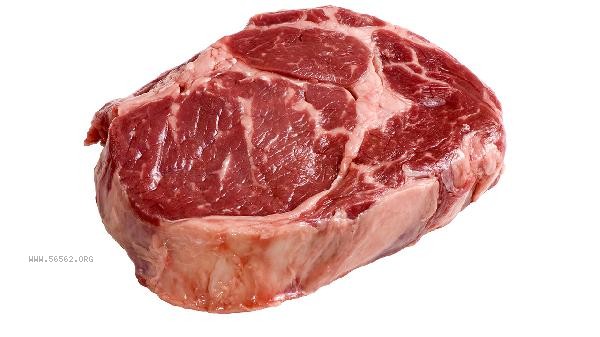Moderate consumption of beef generally does not directly lead to an increase in blood lipids and cholesterol, but overconsumption or choosing high-fat parts may increase the risk. The cholesterol content, fat type, and cooking method of beef can all affect its impact on blood lipids. The cholesterol content in beef varies depending on different parts, such as the beef tenderloin and other lean meat parts, which have lower cholesterol content. Moderate consumption has a relatively small impact on the blood lipids of healthy individuals. Beef is rich in high-quality protein, iron, and B vitamins, which help prevent anemia and maintain muscle health. Choose low-fat cooking methods such as steaming, low oil frying, and baking, avoid deep frying or using animal oil, which can reduce saturated fat intake. Eating vegetables and fruits with high dietary fiber can delay fat absorption and promote metabolism.

Long term consumption of high-fat parts such as beef and beef brisket may increase low-density lipoprotein cholesterol levels, especially for patients with hyperlipidemia or cardiovascular disease. Processed beef products such as sausages and bacon contain high levels of sodium and additives, which may indirectly affect blood lipid abnormalities. Patients with hereditary hypercholesterolemia should strictly control their intake of red meat. It is recommended to consume no more than 500 grams of red meat per week and prioritize fish and poultry as protein sources.

In daily diet, attention should be paid to controlling the proportion of total fat intake to no more than 30% of daily energy, and the proportion of saturated fat should be less than 10%. Regularly monitor blood lipid indicators and combine aerobic exercise to help metabolize fat. If there is already an abnormality in blood lipids, the dietary structure should be adjusted under the guidance of a doctor, and medication should be used if necessary. Maintaining dietary diversity and avoiding excessive intake of single foods are key to maintaining blood lipid health.









Comments (0)
Leave a Comment
No comments yet
Be the first to share your thoughts!